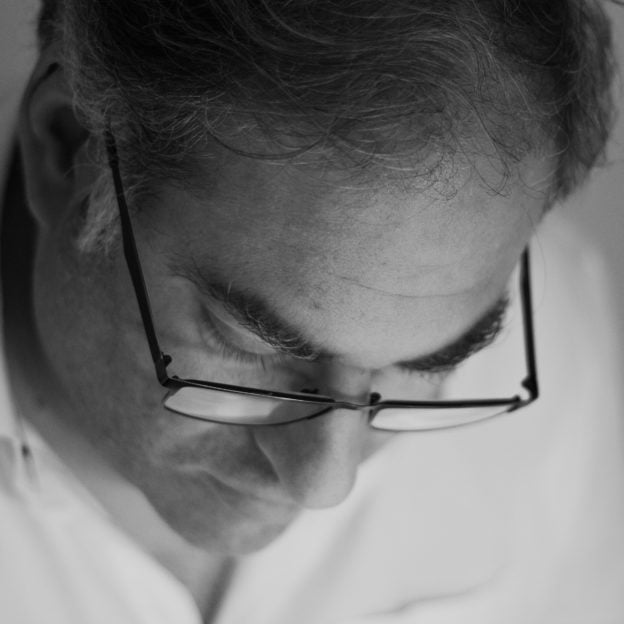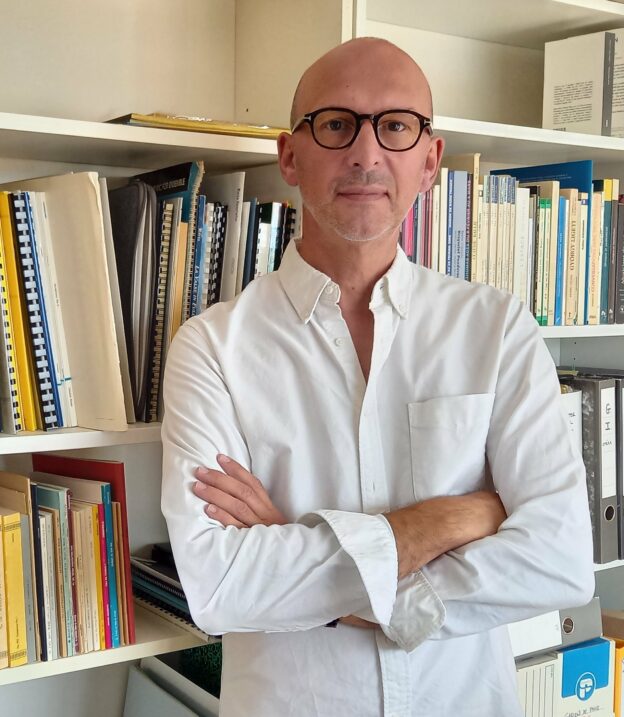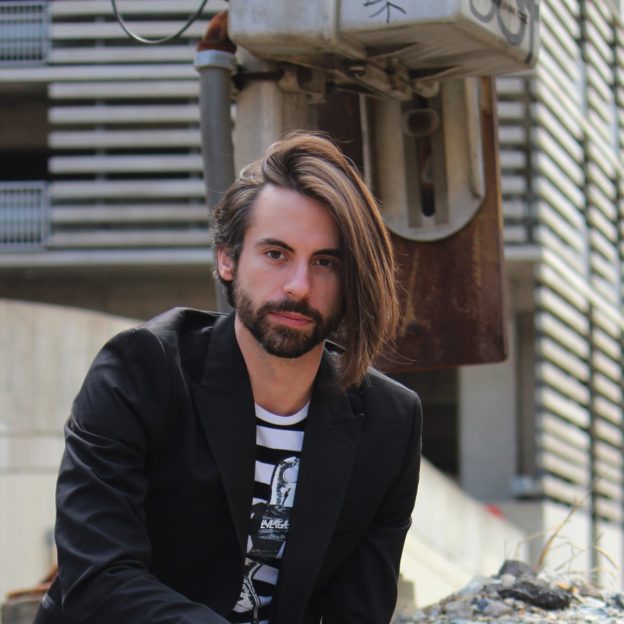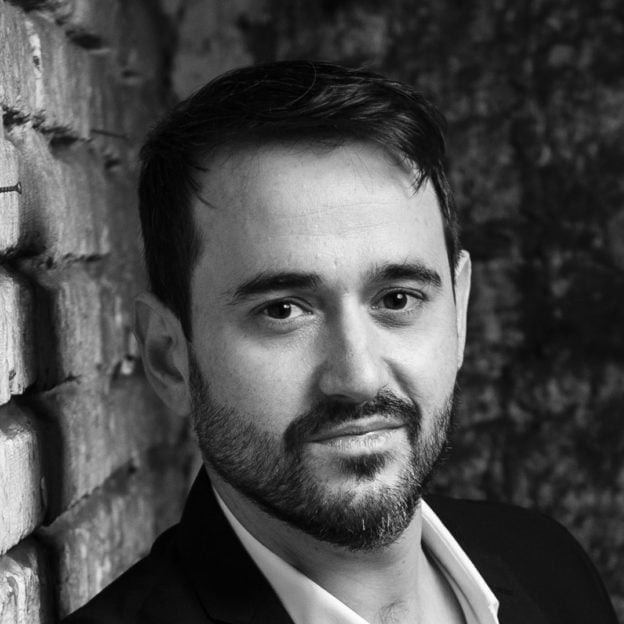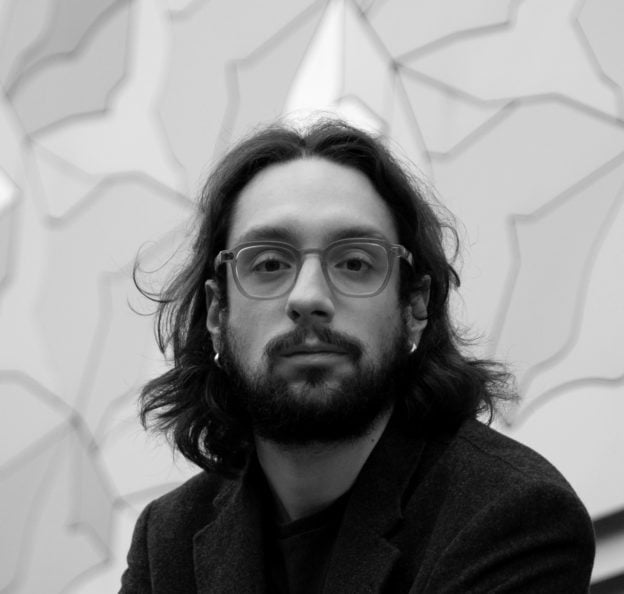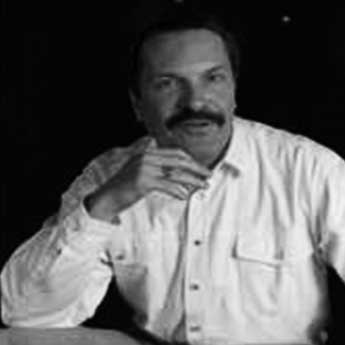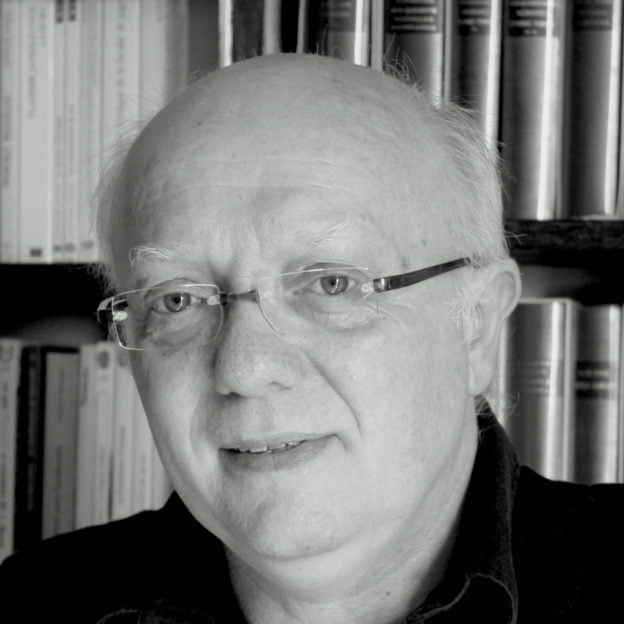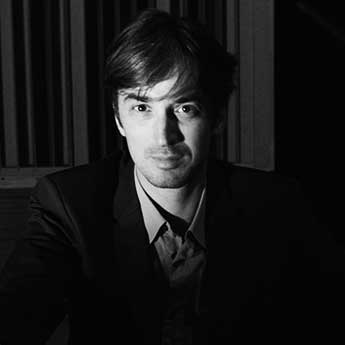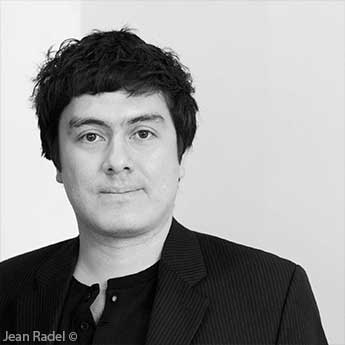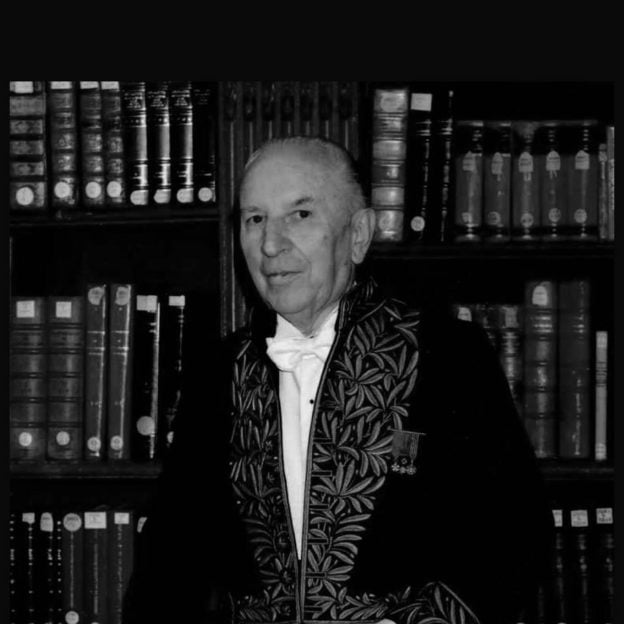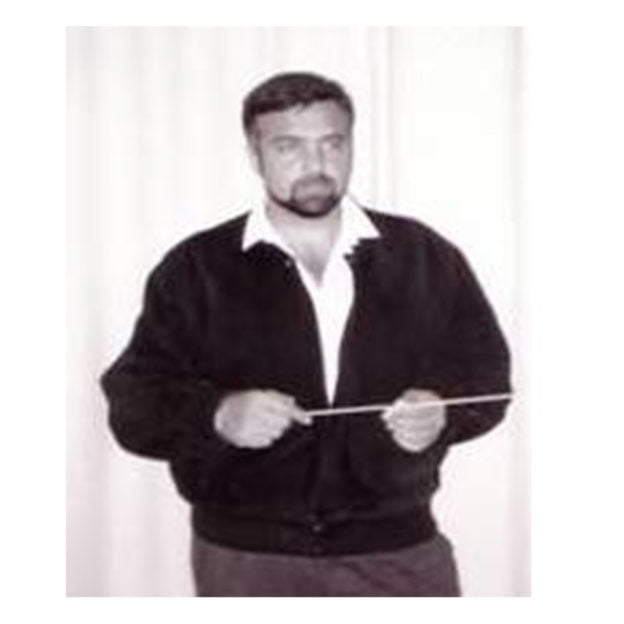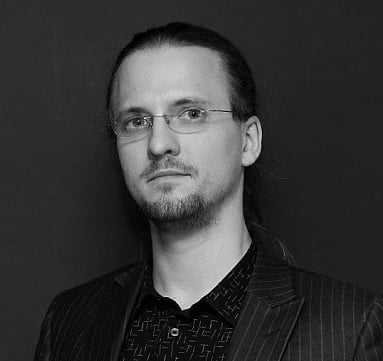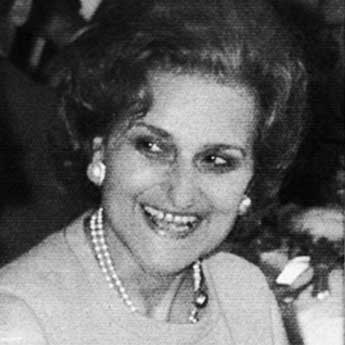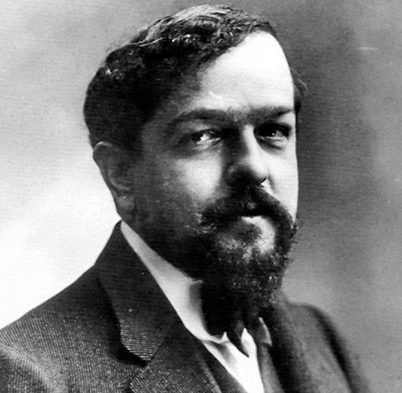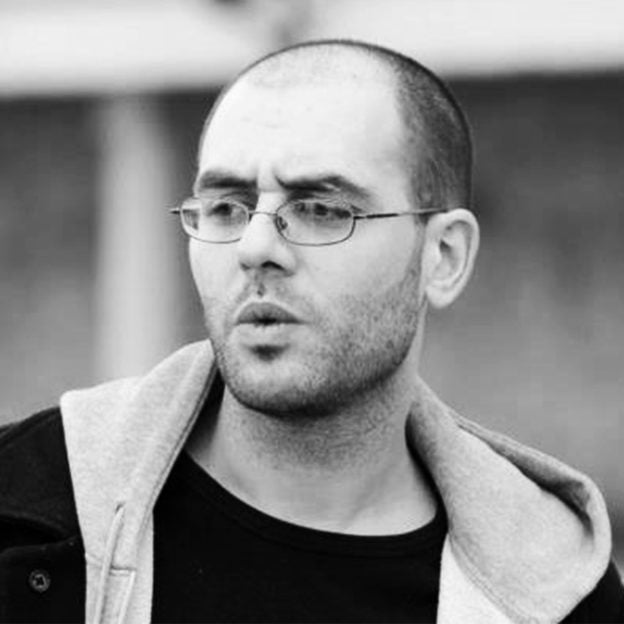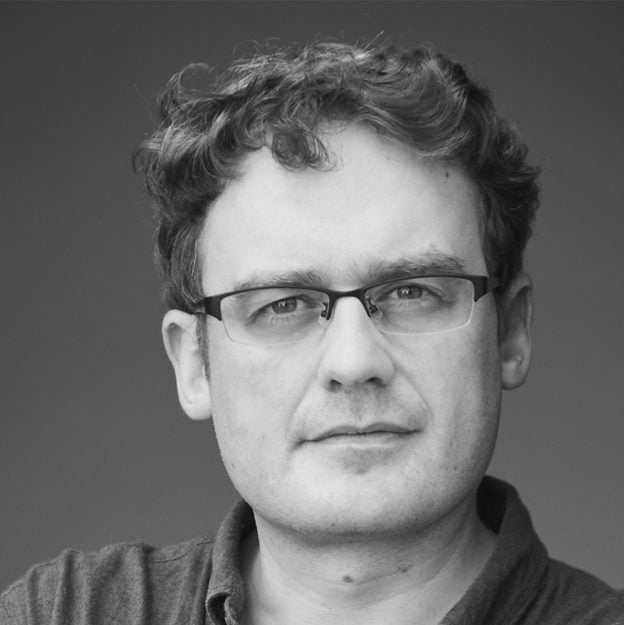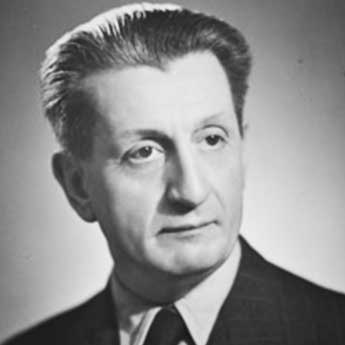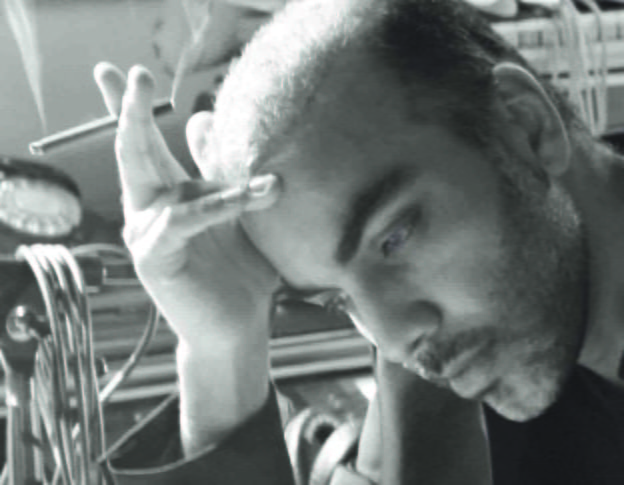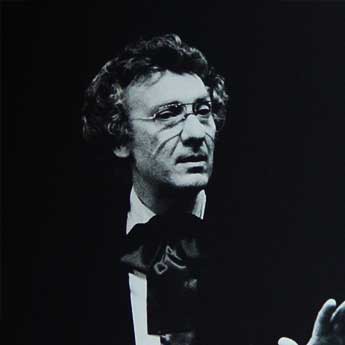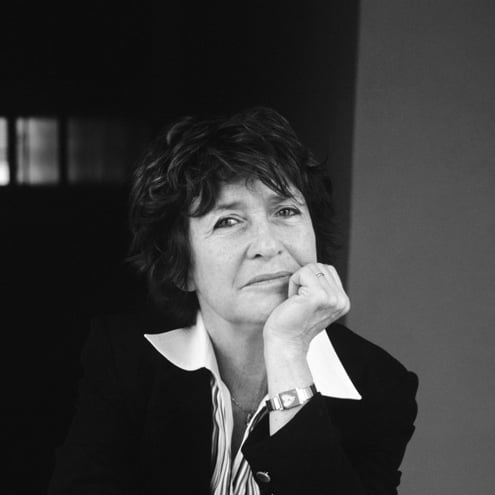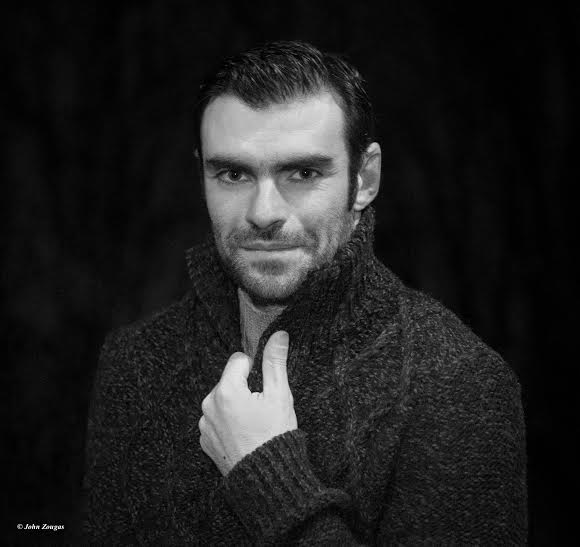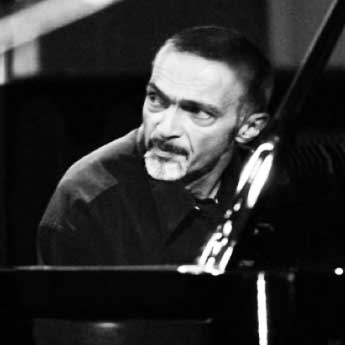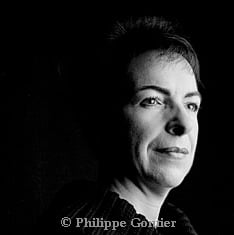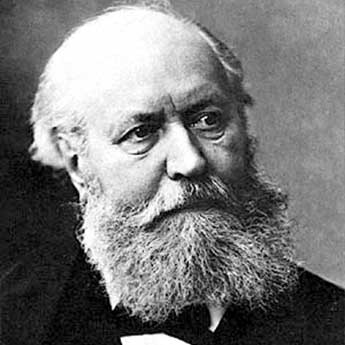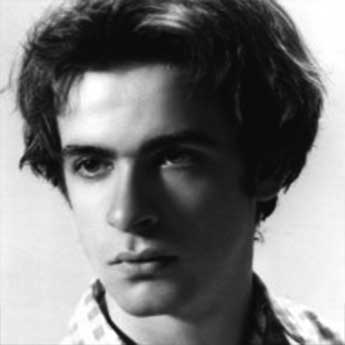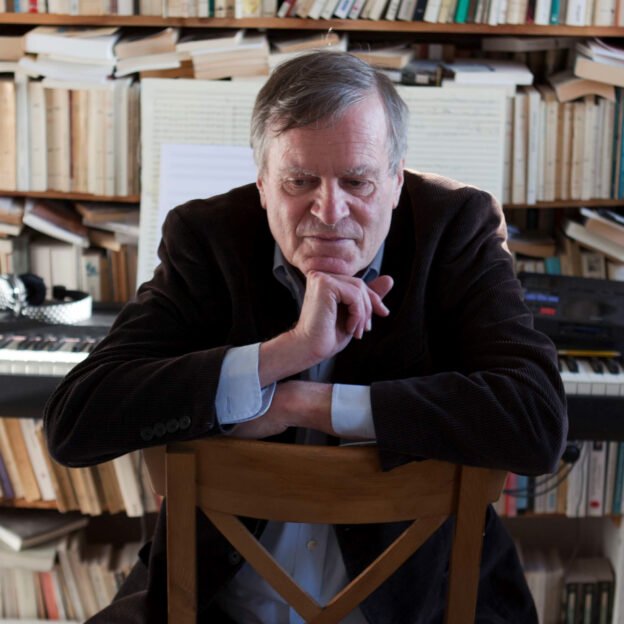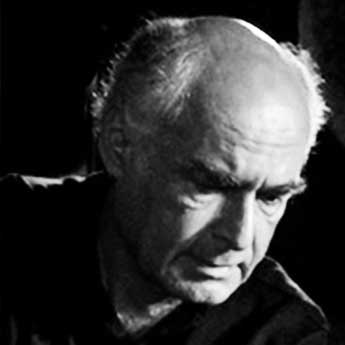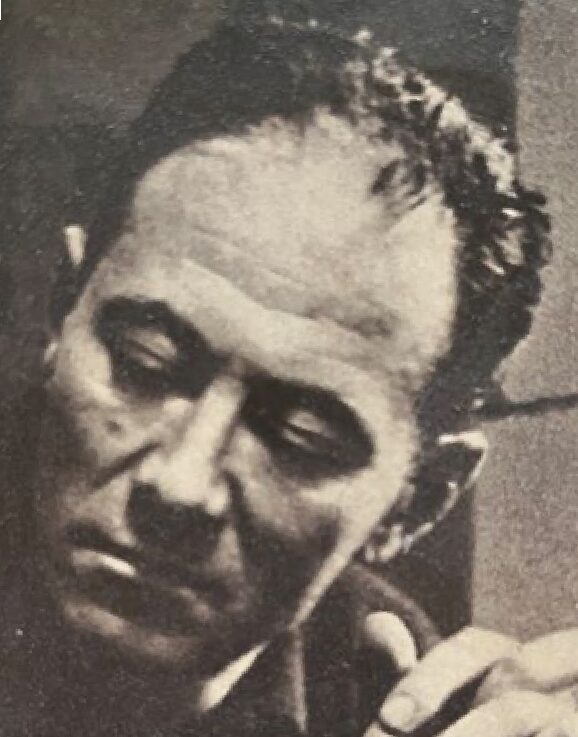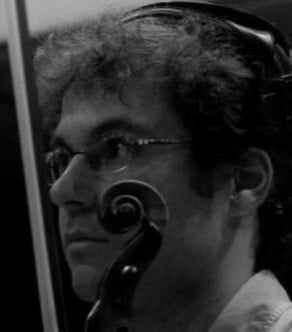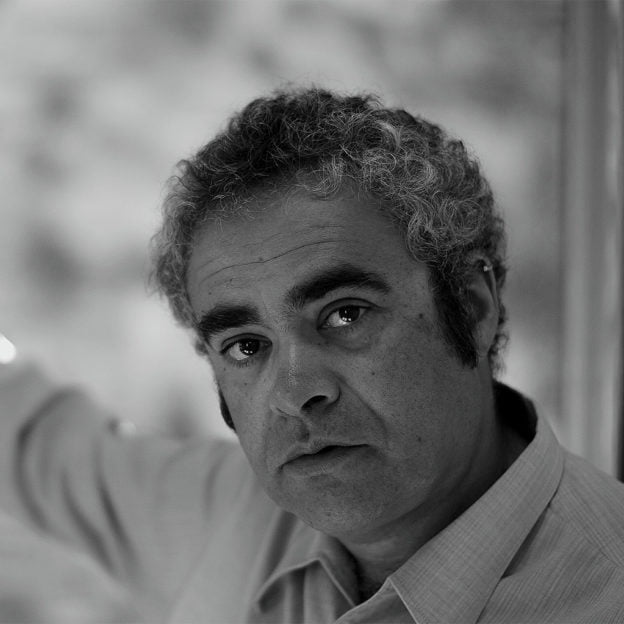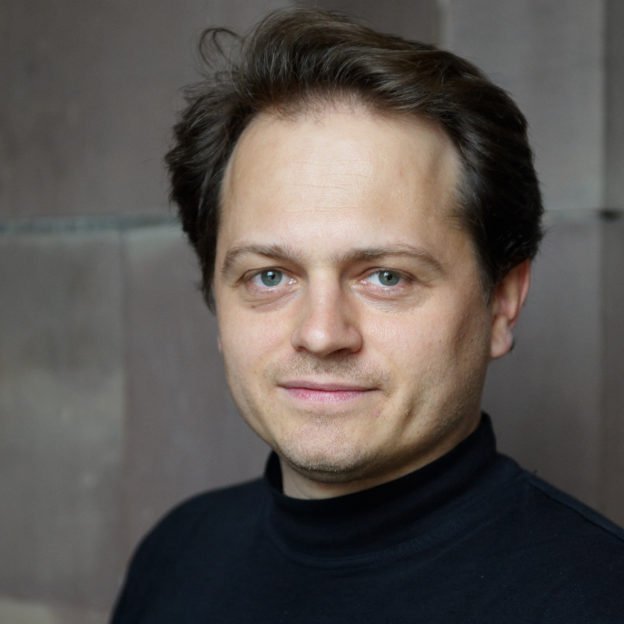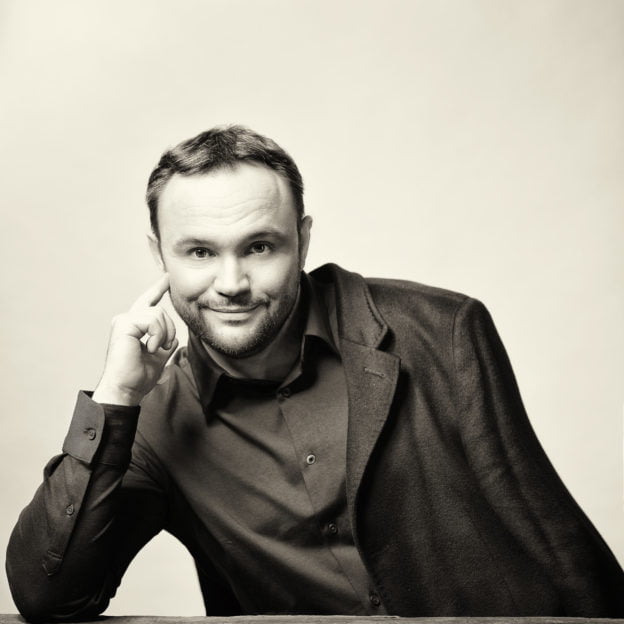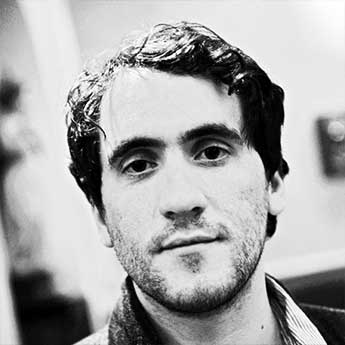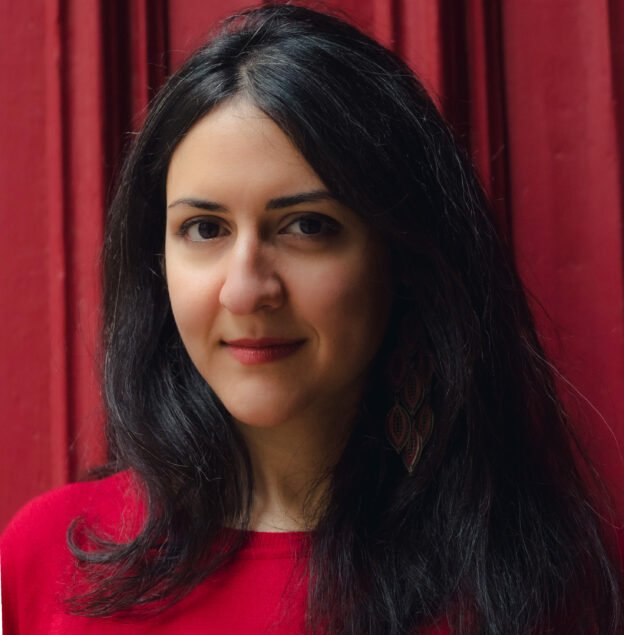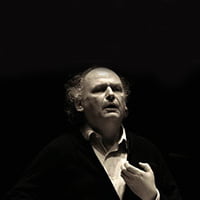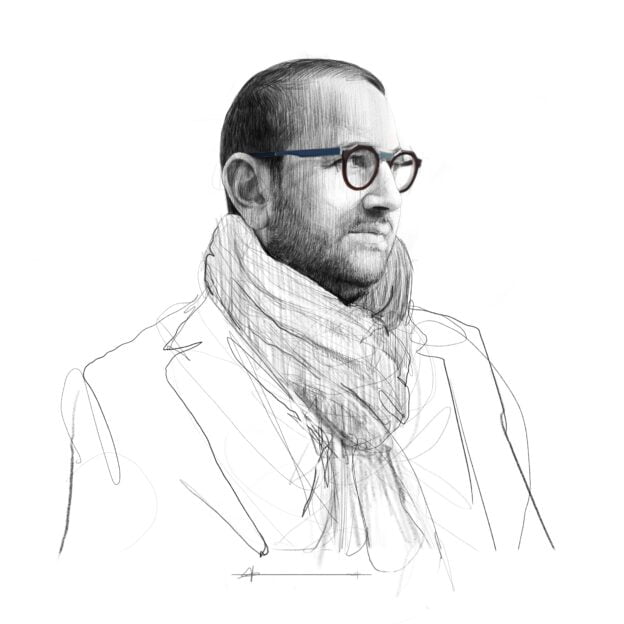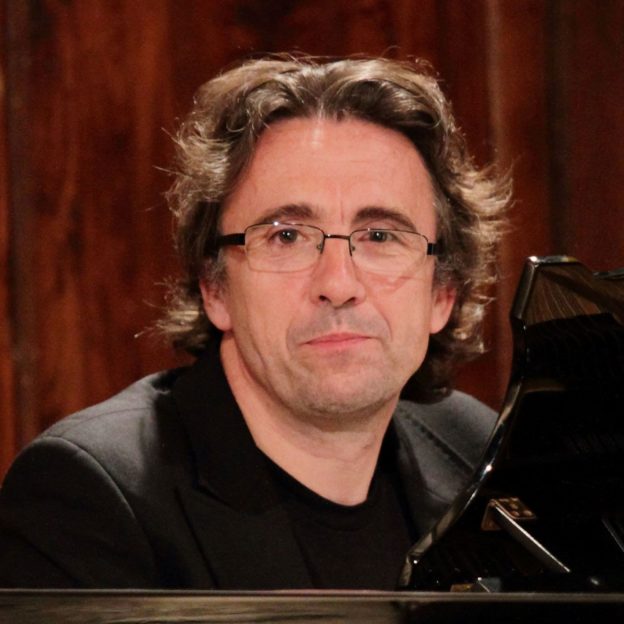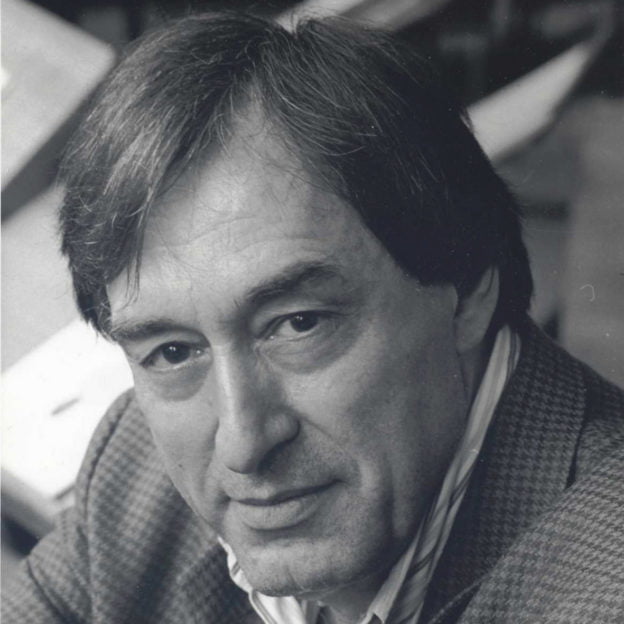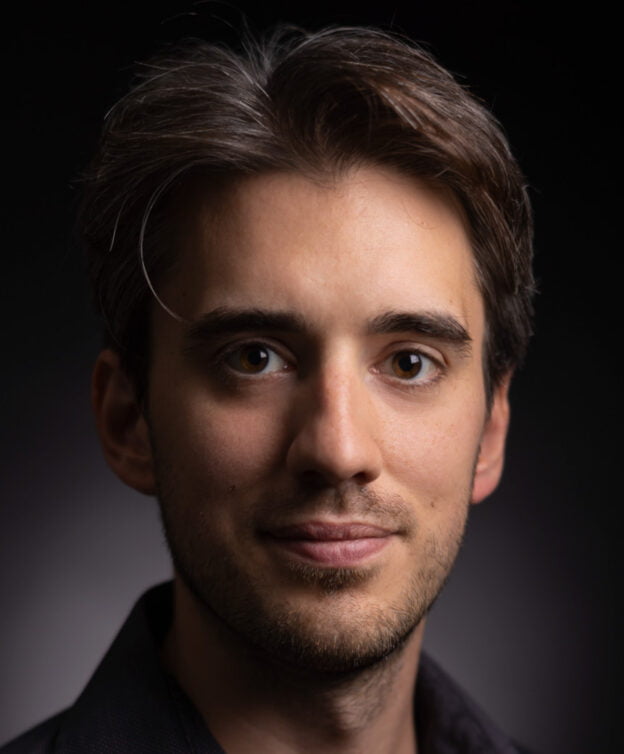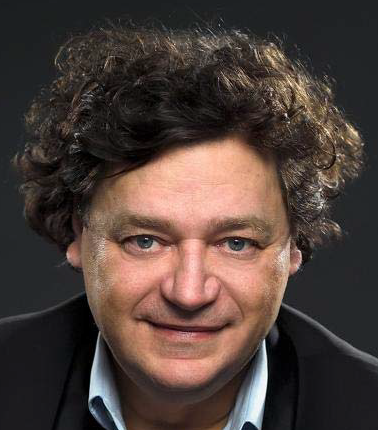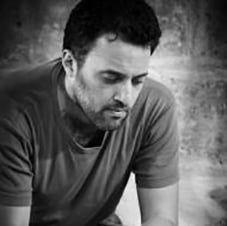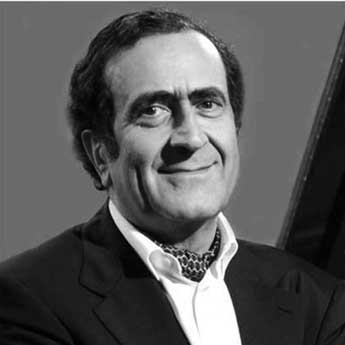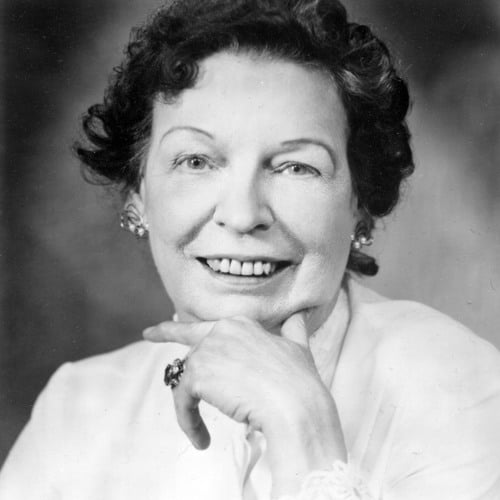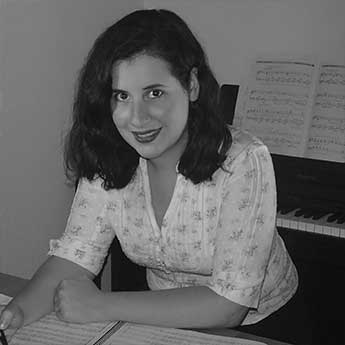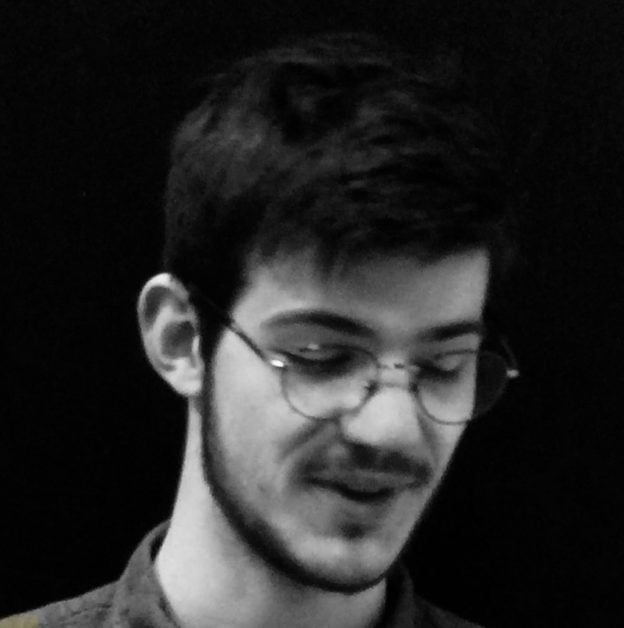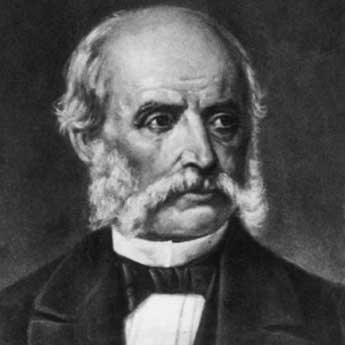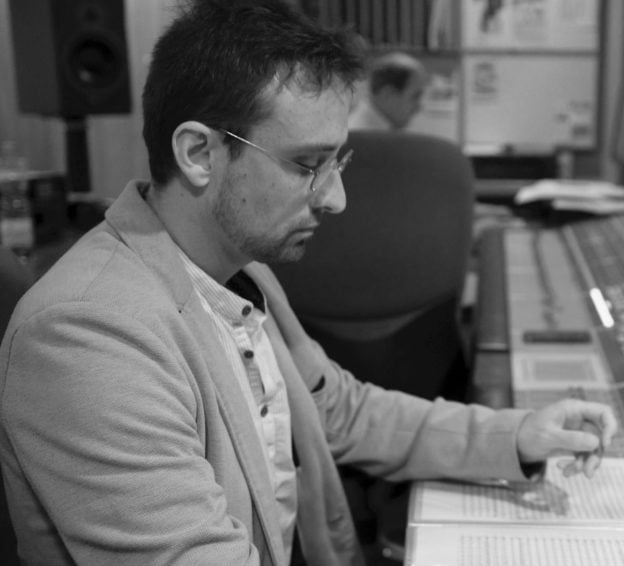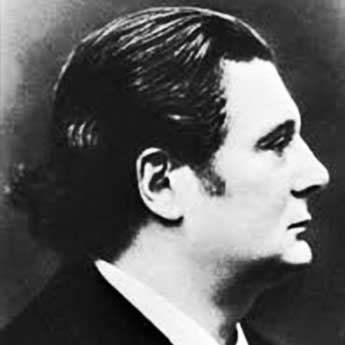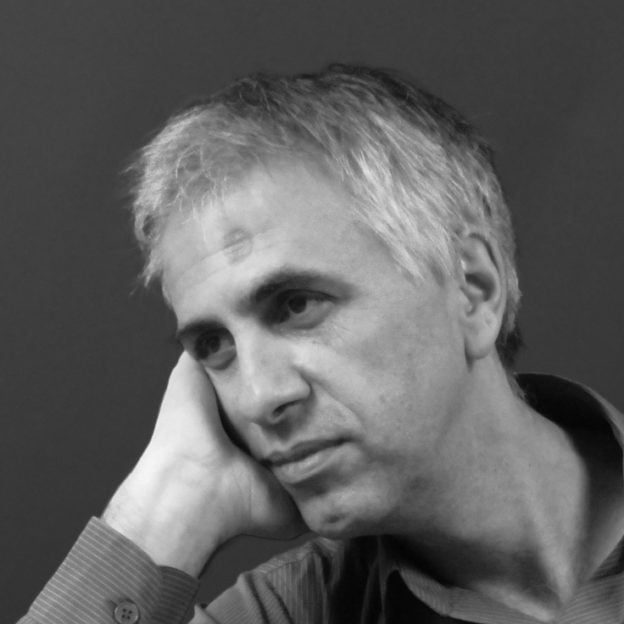
COULAIS Bruno
Né en 1954
He gradually turned to the cinema, not because he wanted to, but because of a series of encounters, one of the most important being with director François Reichenbach, who entrusted him with the music for the 1977 documentary Mexico Magico. He composed his first music for a feature film in 1986, with Jacques Davila’s Qui trop embrasse. He is also known for his collaboration with Christine Pascal on three films, including Le petit prince a dit (1992), and Agnès Merlet’s Le fils du requin.
Les Villes invisibles
COULAIS Bruno
Type : Score
Instruments : For Rent
Format : A3
For rent
Read moreCompositions
Biography
Bruno Coulais is a French composer born in Paris on January 13, 1954, best known for his film scores.
He gradually turned to the cinema, not because he wanted to, but as a result of a series of encounters, one of the most significant of which was with director François Reichenbach, who entrusted him with the music for the 1977 documentary Mexico Magico. He composed his first music for a feature film in 1986, with Jacques Davila’s Qui trop embrasse. He also made a name for himself on three occasions, collaborating with Christine Pascal on Le petit prince a dit (1992), and on a film such as Agnès Merlet’s Le fils du requin.
The turning point came in 1996, when he met Claude Nuridsany and Marie Pérennou, the two directors of the documentary Microcosmos. This singular film, with its emphasis on music, was a great success, and put him at the forefront of the most sought-after composers in French cinema. In 1997, he was awarded the César for best film score, as well as a Victoire de la Musique award. He works as much on major productions as on more confidential films by auteurs. (Benoît Jacquot, Jacques Perrin, Henry Selick, Volker Schlöndorff, Alain Corneau, Frédéric Schœndœrffer, James Huth, Josée Dayan, Laurent Heynemann, Edouard Niermans, Raoul Peck, Olivier Dahan , Mathieu Kassovitz, Jean-Paul Salomé, Souleymane Cissé, Alain Chabat, Tomm Moore, Christophe Barratier, Jean-François Richet, Anne Fontaine, etc.).
In 2005, he conducted his Stabat Mater in the cathedral of Saint-Denis, with the participation of Robert Wyatt and Guillaume Depardieu.
Bruno Coulais’ musical style can vary greatly from one soundtrack to another, but a few constants seem to stand out: a taste for opera and for the human voice (especially children’s voices), for the search for original sonorities, for non-European instruments and the blending of musical cultures, and finally, a definite tendency to privilege the notion of atmosphere (influenced by the film’s lighting) over that of narration.
News

Création mondiale – Mélismes – Bruno Coulais
Création mondiale de Mélismes, pour violoncelle seul de Bruno Coulais Inauguration de l’Auditorium Rostropovitch, Conservatoire Claude Debussy, 222, rue de Courcelle 75017 PARIS 20H30 Présentation: Frédéric Lodéon, violoncelle: Godefroy Vujicic

Les Villes invisibles – Bruno Coulais
Les Villes Invisibles – Bruno Coulais Festival des Musiques à l’image au Grand Rex 19H30, Paris Symphonic Orchestra direction Franck Strobel
Events
No event available
